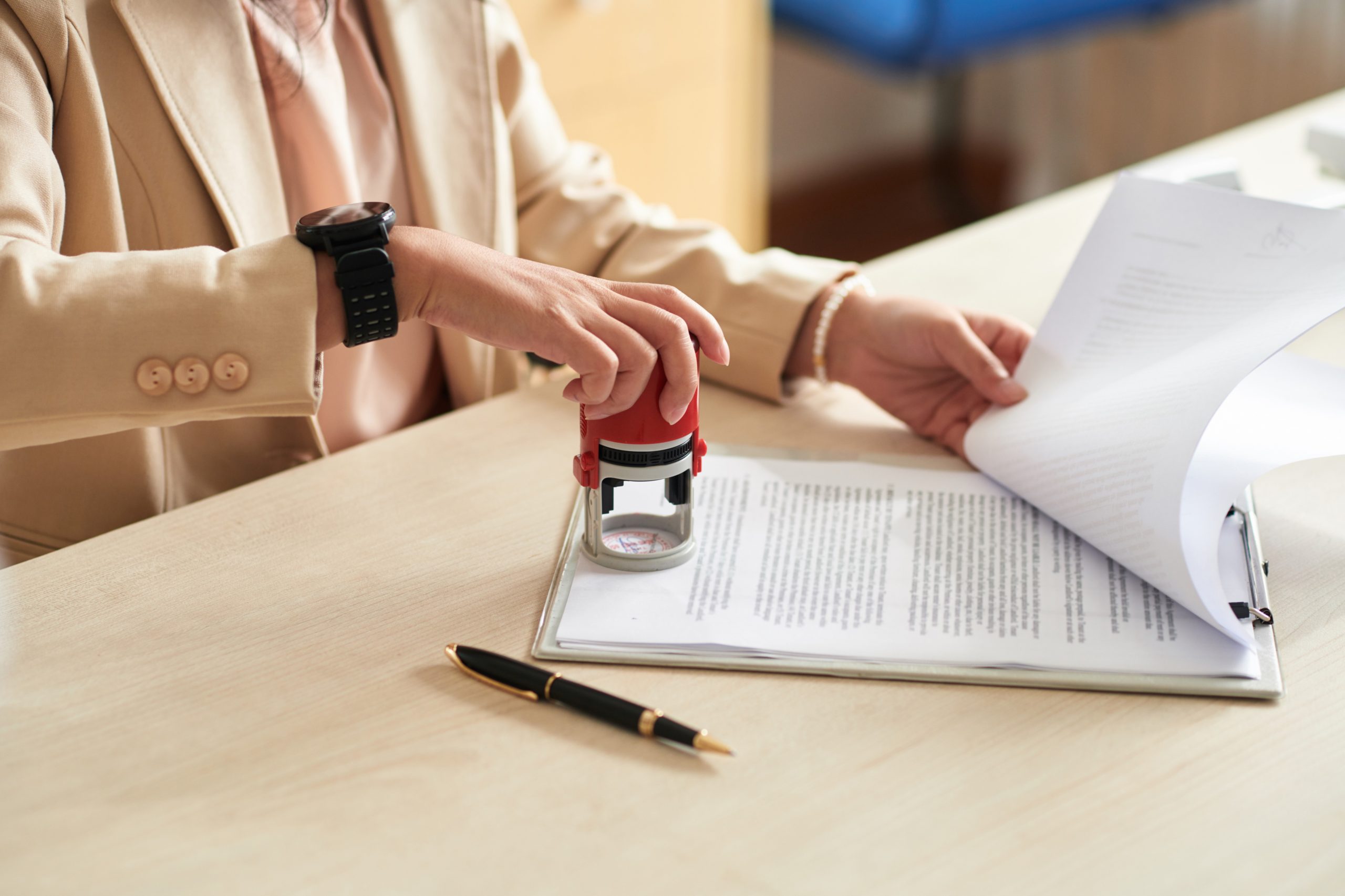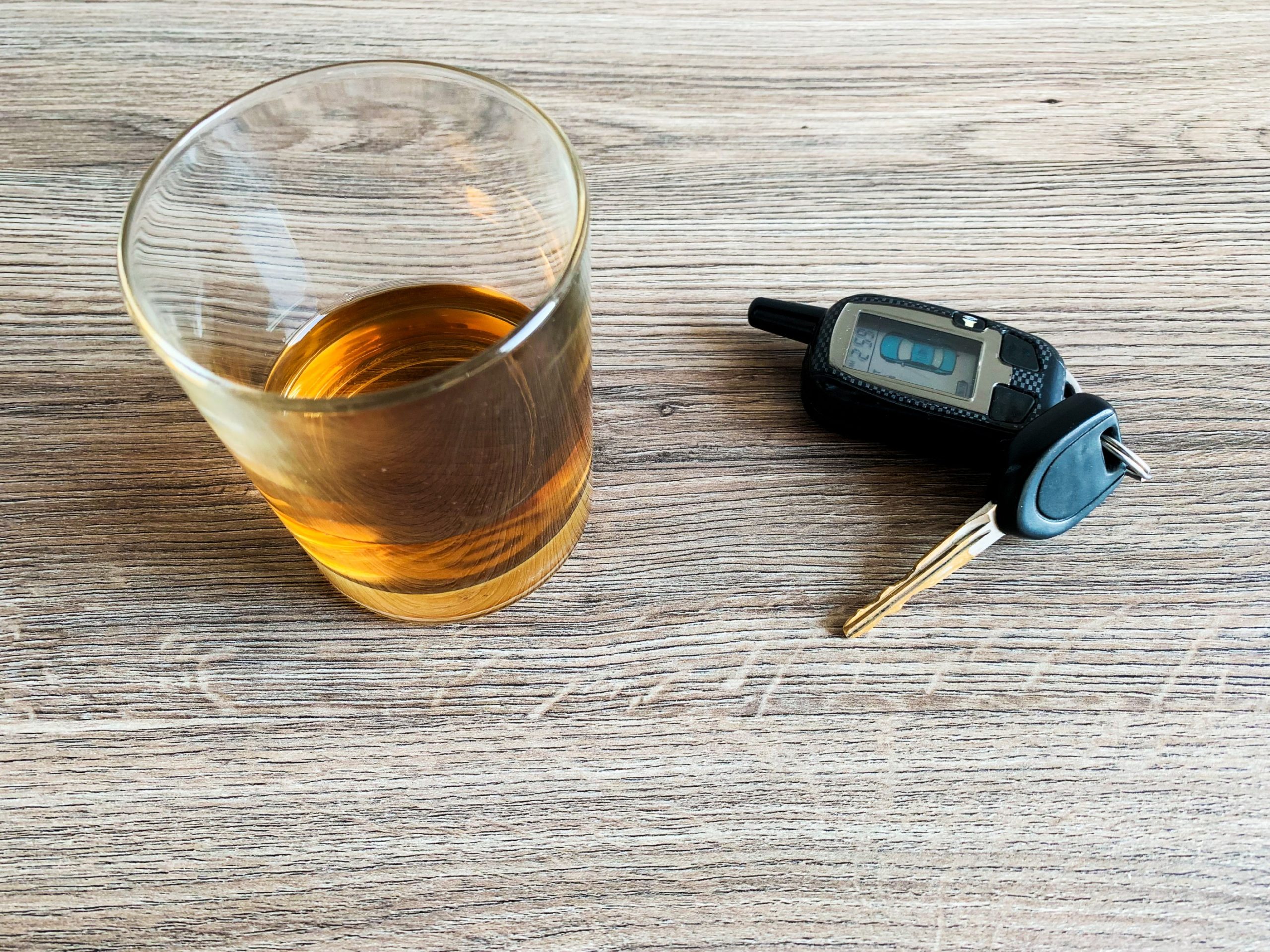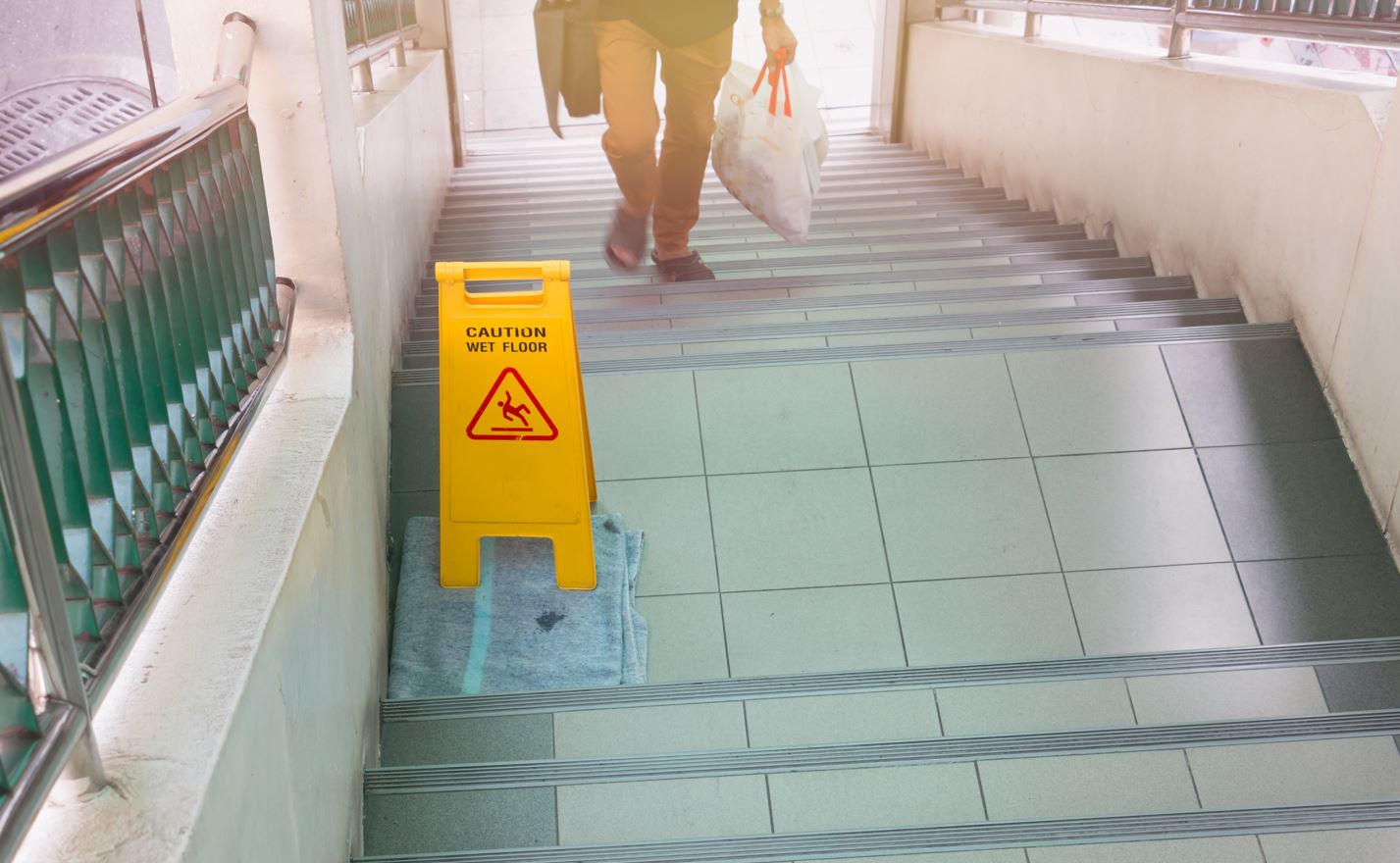Understanding the Role and Importance of an Estate Attorney in Estate Planning – Guest Post

An estate attorney, also known as an estate planning attorney, is a legal professional who specializes in helping clients manage their assets and affairs in preparation for their death or incapacity. These attorneys can provide a wide range of services, from drafting wills and trusts to helping clients navigate complex tax laws and probate procedures.
Estate planning is an important process that should not be taken lightly. Without proper planning, your assets may not be distributed as you intended, and your loved ones may face unnecessary legal and financial difficulties after your death. An estate attorney can help you avoid these problems by creating a comprehensive estate plan that reflects your wishes and protects your assets.
Here are some of the key services provided by estate attorneys:
Will and trust preparation
One of the most important services provided by estate attorneys is the preparation of wills and trusts. A will is a legal document that outlines your wishes regarding the distribution of your assets after your death. A trust, on the other hand, is a legal arrangement that allows you to transfer assets to a trustee who will manage them on behalf of your beneficiaries. Trusts can provide a variety of benefits, including tax savings and asset protection.
Estate attorneys can help you create a will or trust that reflects your unique needs and goals. They can also provide guidance on how to structure your estate plan to minimize taxes and avoid probate.
Estate and gift tax planning
Estate and gift taxes can be a significant burden on your heirs if you do not plan properly. Estate attorneys can help you navigate the complex tax laws and create a plan that minimizes your tax liability. This may involve setting up trusts, gifting assets to family members, or taking advantage of other tax-saving strategies.
Probate and estate administration
When a loved one passes away, their estate must go through the probate process. Probate is the legal process of validating a will and distributing assets to heirs. Estate attorneys can help you navigate the probate process and ensure that your loved one’s assets are distributed according to their wishes.
In addition, estate attorneys can assist with estate administration, which involves managing the assets of a deceased person until they are distributed to their beneficiaries. This may involve selling assets, paying debts and taxes, and distributing assets to heirs.
Asset protection planning
Asset protection planning involves taking steps to protect your assets from creditors, lawsuits, and other threats. Estate attorneys can help you create a plan that shields your assets from potential threats while still allowing you to maintain control over them. This may involve setting up trusts, creating a family limited partnership, or taking advantage of other asset protection strategies.
Business succession planning
If you own a business, it is important to have a plan in place for what will happen to the business after your death or retirement. Estate attorneys can help you create a business succession plan that ensures the continuity of your business and protects your assets. This may involve setting up a trust, creating a buy-sell agreement, or taking other steps to transfer ownership of the business to your heirs.
Medicaid planning
Medicaid is a government program that provides health care benefits to individuals with low incomes. However, in order to qualify for Medicaid, you must meet certain income and asset requirements. Estate attorneys can help you create a Medicaid planning strategy that allows you to qualify for benefits while still protecting your assets.
Special needs planning
If you have a loved one with special needs, it is important to create an estate plan that takes their needs into account. Estate attorneys can help you create a special needs trust that provides for your loved one’s care without jeopardizing their eligibility for government benefits.
In conclusion, an estate attorney can be a valuable asset in the estate planning process. They can provide guidance on the creation of wills, trusts, and other legal documents that are crucial for ensuring that an individual’s assets are distributed according to their wishes after they pass away. Additionally, they can assist with estate administration and resolving any legal disputes that may arise.
It is important to find an estate attorney with experience and expertise in the area of estate planning and administration. They should also have a good understanding of state and federal laws that may impact an individual’s estate. With the help of an estate attorney, individuals can have peace of mind knowing that their wishes will be carried out and their loved ones will be taken care of after they pass away.










